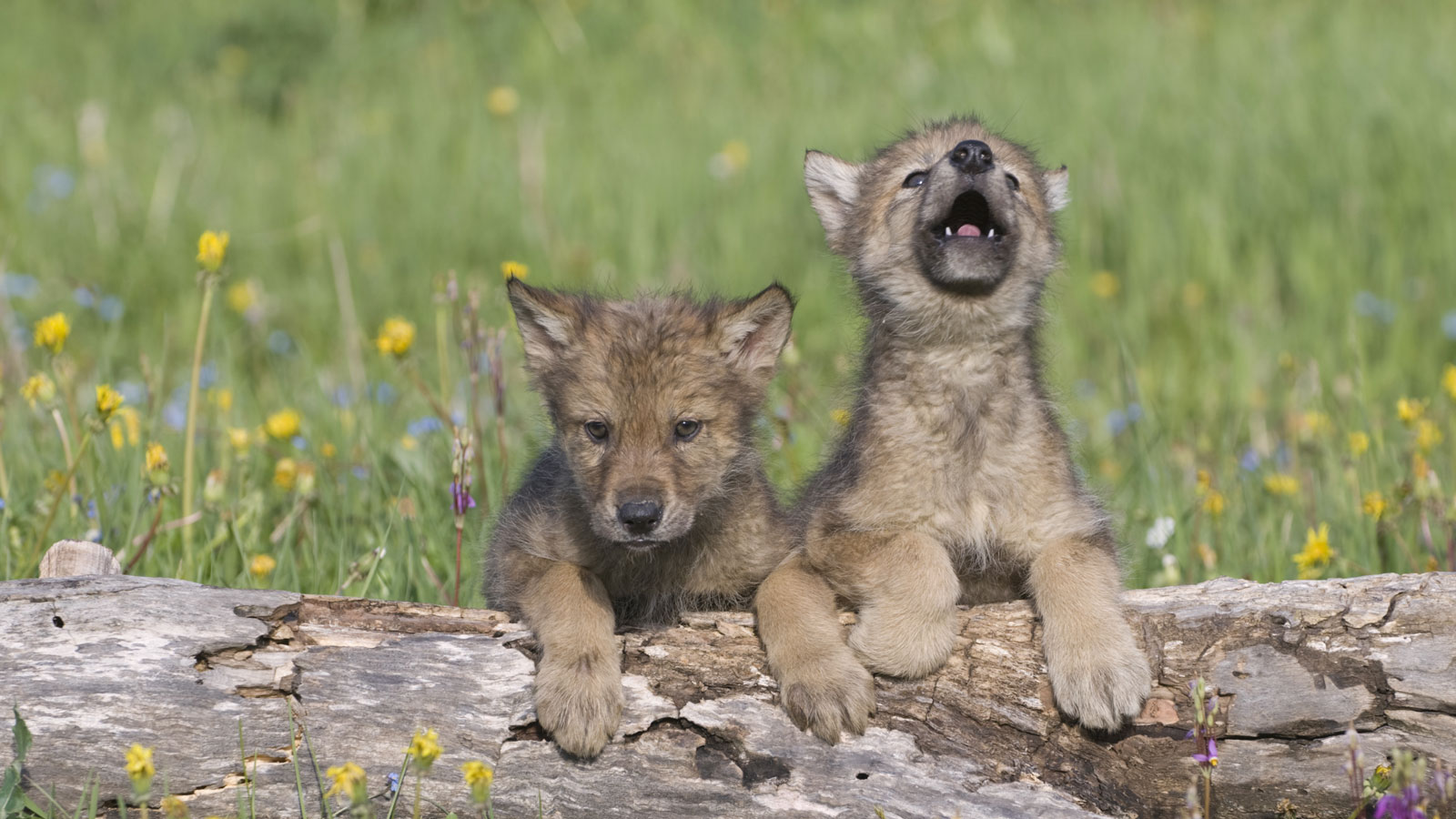
Tell Congress: Save America’s threatened and endangered species
Bees and other insects are just as important to our ecosystems as eagles, bighorn sheep and coyotes. A bill at the Colorado legislature will ensure they are included in conservation efforts and studies
Send a message
It’s hard to imagine a Colorado without eagles, buffaloes and coyotes.
But it’s equally hard to imagine a Colorado without bees and other invertebrates.
That’s why, when we fund efforts to protect animals, that funding should include protecting pollinators too.
Bees and other pollinators play a crucial role in our lives and our food system.
In fact, bees pollinate one out of every three bites of our food including palisade peaches. They are also critical for non-food ecosystems like our forests and biodiverse landscapes.
We need bees and other insects, but their populations are shrinking due to factors of climate change, pesticide use, and habitat loss.
Studies have found that the bumble bee is declining at a rate of 72 percent in our Colorado Southern Rocky Mountain region.
In 2022, we helped pass SB 22-199, which led to a study on native pollinating insects. This study was conducted by Colorado State University Extension, the Xerces Society for Invertebrate Conservation, and the University of Colorado Museum of Natural History, in consultation with state and federal agencies, researchers, scientists, and land managers across the state.
The study found that immediate action needs to be taken to protect native pollinating insects, restore pollinator habitats, mitigate environmental changes, reduce the risk of pesticides, and support native pollinator health.
Bottomline – we need to take action to further protect native pollinator species.
The Invertebrates & Rare Plants Parks & Wildlife Commission bill (HB24-1117) adds rare plants and invertebrates to the species that may be studied and conserved under the current bill.
Additionally, imperiled or potentially imperiled plants will be added to the species conservation trust fund and the money in the fund will be spent on the conservation of these plants too.
This ensures that when we study and support ecosystems, we’re helping everything from the bighorn sheep to the Western Bumble bee.
In addition, the bill requires the general assembly to fund a study of invertebrates.
We are supporting this bill because it marks a win for the bees and pollinators, including them in funding and supporting a pathway for their protection.
Because in nature – we’re all connected.
Sara directs Environment Colorado campaigns to protect our environment and clean our air. She works to protect and preserve the diverse species and habitats found in Colorado in addition to reducing waste and pollution. Sara recently moved to Denver, where she has loved skiing the nearby mountains and trying new restaurants.
